Tuesday, 23 April 2024
Menu
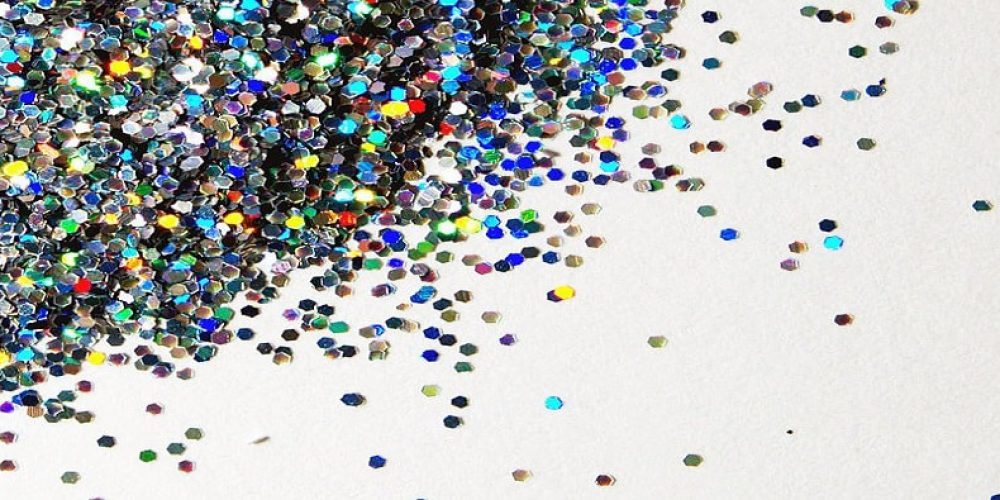
Analysing the composition of the products we happily buy for special occasions such as a carnival ball, we come across plastics – including polyethylene, polypropylene, PVC and many others. Where do they land after they have played their part at the party? In our ocean, of course.
Researchers at New Zealand’s Massey University claim that a ban on the production of decorative products popularly known as ‘glitter’ could significantly help in the fight against microplastic water pollution. Why do we actually dislike microplastics? Apart from the fact that it is a material that takes a long time to degrade, measured in hundreds of years, such tiny particles can also be easily ingested by marine fauna.
In addition, microplastic particles have accumulation properties – they accumulate heavy metals and other toxic fat-soluble substances on their surface. An accidentally ingested piece of glitter can accumulate, together with the associated toxins, in the fatty tissue of an animal and be transferred between links in the food chain. In addition, some plastics, such as PET (the main raw material used to make glitter products), have a negative effect on the animal’s hormone balance when digested.
Scientists agree on the negative impact of microplastics on the environment, it remains to be seen exactly which products are to be phased out. In addition to the aforementioned glitter, microbeads contained in bath lotions and other cosmetics are also a problem.
If we want the ocean to truly shine, we need to phase out what we don’t need and are indifferent to underwater ecosystems.
Source: divephotoguide.com Photo: Wikimedia Commons

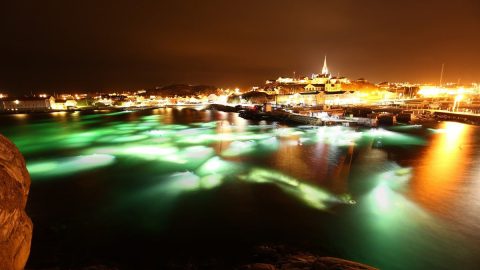
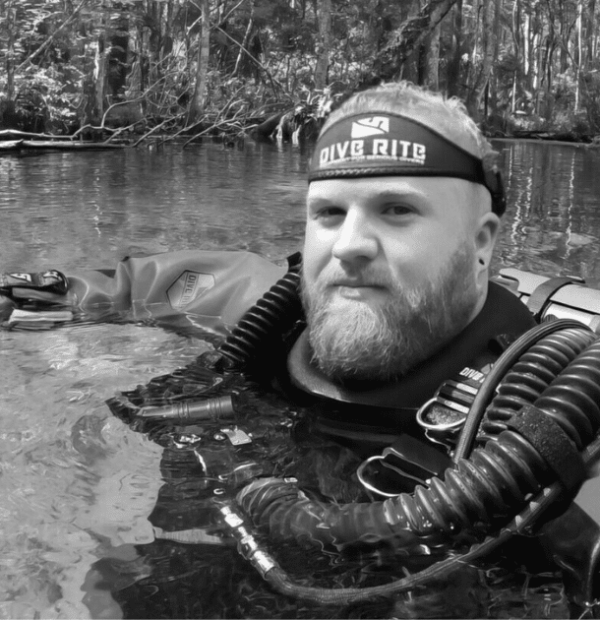


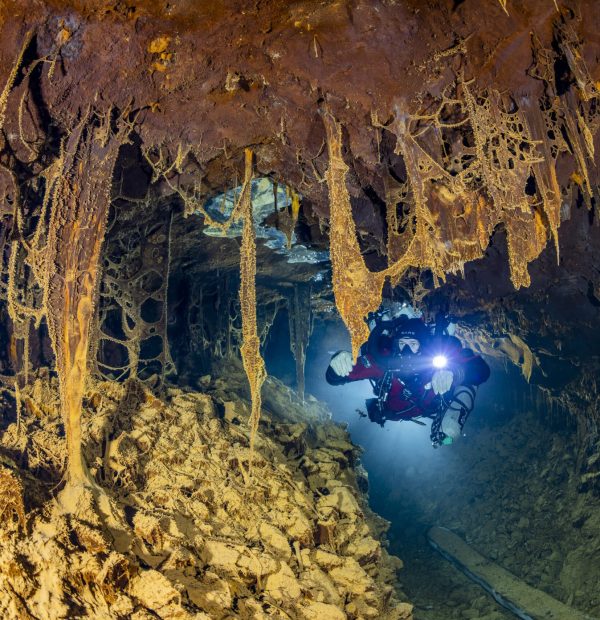
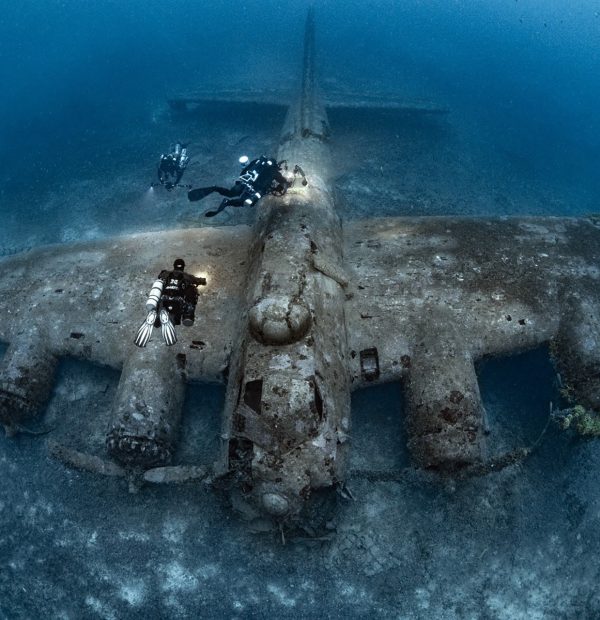

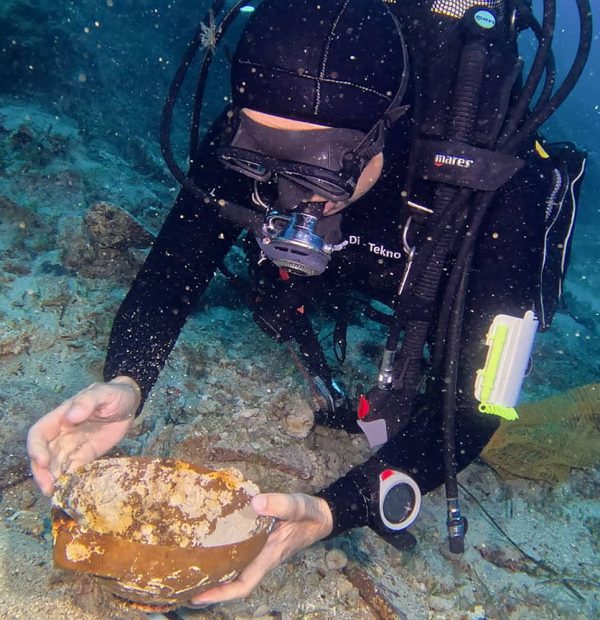

Welcome to DIVERS24.COM, your daily source of scuba news, freediving, scuba diving information, and equipment reviews. Our comprehensive coverage of the dive industry from A to Z provides you with all the latest scuba news, training updates, underwater photography tips, and everything else related to scuba diving. Whether you’re a beginner or an experienced diver looking for more knowledge about scuba gear or techniques – we’ve got it covered! With our in-depth articles written by experienced divers who have been there and done that, you are sure to find exactly what you need here at Divers24.com. Dive into scuba news today!
Underwater Media Sp. z o.o.
Szafarnia 11/F8,
80-755 Gdansk, Poland
Welcome to DIVERS24.COM, your daily source of scuba news, freediving, and scuba diving information. Sign in for a weekly news update and discount coupons for dive gear and apparel.
@2023 - underwatermedia.pl. All Right Reserved. Designed and Developed by Tworzenie stron internetowych Gdansk

The Divers24 portal is currently the largest online medium treating diving in Poland. Since 2010 we have been providing interesting and important information from Poland and around the world on all forms of diving and related activities.
Contact us: info@divers24.com